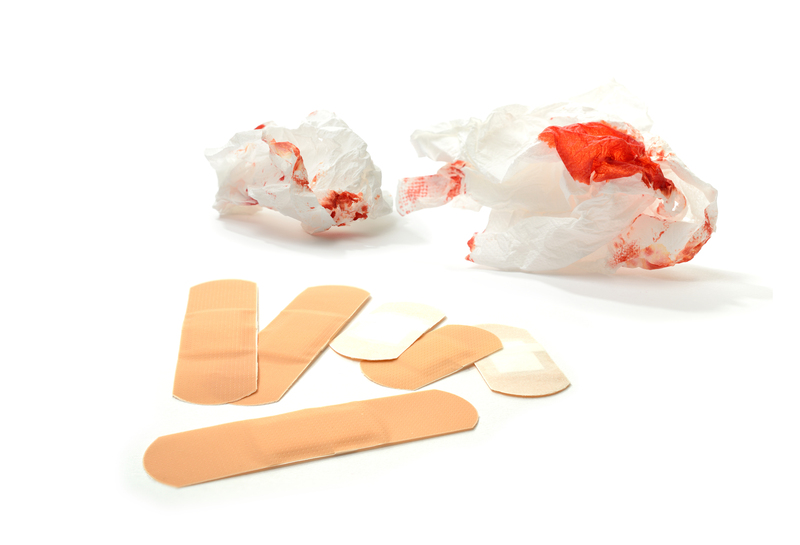Longevity of a Sofa
Posted on 27/03/2025
Sofas are often the centerpiece of our living rooms, providing comfort and style to our homes. However, like any piece of furniture, sofas have a lifespan. Understanding the factors that affect the longevity of a sofa can help you make wiser purchasing decisions and ensure your furniture stands the test of time.
Factors Affecting the Longevity of a Sofa
The longevity of a sofa depends on several key factors, including the quality of materials, construction, and how well you care for it. Let's delve into each factor:

1. Materials
The type of materials used in the construction of a sofa significantly impacts its durability. Sofas made with high-quality hardwood frames, such as oak or maple, tend to last longer compared to those with softwood or plastic frames. Similarly, the fabric or leather upholstery plays a crucial role. Durable materials like leather, microfiber, and high-thread-count fabrics are more resilient to wear and tear.
2. Construction
The construction of the sofa is another essential factor. Well-constructed sofas have corner blocks, wooden dowels, or metal screws securing the joints, making them sturdy and reliable. Additionally, sofas with robust spring systems, such as eight-way hand-tied springs or sinuous springs, offer better support and longevity.
3. Cushioning
The cushioning of a sofa contributes to its comfort and lifespan. High-density foam or memory foam cushions maintain their shape and support for an extended period. On the other hand, low-density foam cushions may flatten quickly, leading to discomfort and reduced lifespan.
4. Usage
How you use your sofa also affects its longevity. Frequent heavy use, such as in a household with kids and pets, may wear out a sofa faster. Conversely, occasional use or placing the sofa in less trafficked areas can prolong its life.
5. Maintenance
Regular maintenance and care are critical to extending the life of your sofa. This includes routine vacuuming, cleaning spills promptly, and following the manufacturer's care instructions. Using protective covers and rotating cushions can also help distribute wear evenly.
Tips for Extending the Life of Your Sofa
Here are some practical tips to ensure your sofa remains in good condition for years to come:
- Choose high-quality materials: Invest in a sofa with a sturdy frame, durable upholstery, and high-density cushioning.
- Regular cleaning: Vacuum your sofa regularly to remove dust and debris that can cause fabric wear.
- Avoid direct sunlight: Prolonged exposure to sunlight can fade and weaken fabrics.
- Use protective covers: Covers can protect your sofa from spills, stains, and pet hair.
- Rotate cushions: Rotating your cushions frequently helps distribute wear evenly.
- Address spills immediately: Clean spills as soon as they occur to prevent stains and damage.
Pros and Cons of Different Sofa Materials
Leather Sofas
Pros: Durable, easy to clean, and timeless appearance.
Cons: Can be expensive, susceptible to scratches, and needs regular moisturizing.
Fabric Sofas
Pros: Wide range of colors and patterns, generally more affordable, and softer feel.
Cons: Can stain easier, may require professional cleaning, and fabrics may wear faster.

Takeaways
The longevity of a sofa is influenced by its materials, construction, cushioning, usage, and maintenance. Choosing high-quality components, regular cleaning, and proper care are essential for extending the life of your sofa.
Conclusion
Investing in a good-quality sofa and taking steps to maintain it can save you money and the hassle of frequent replacements. By considering the factors discussed and following the provided tips, you can ensure your sofa remains a comfortable and stylish fixture in your home for many years.









